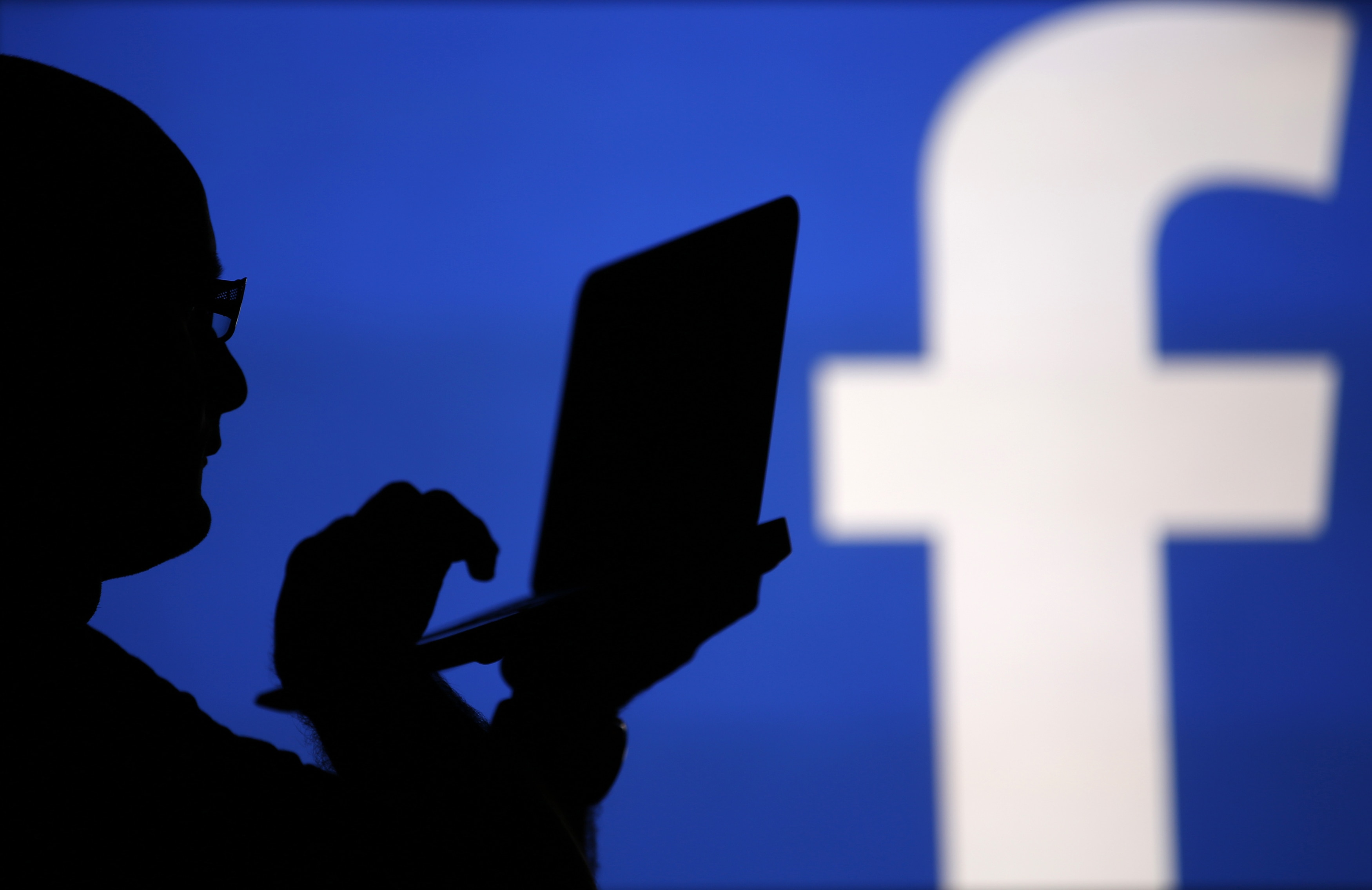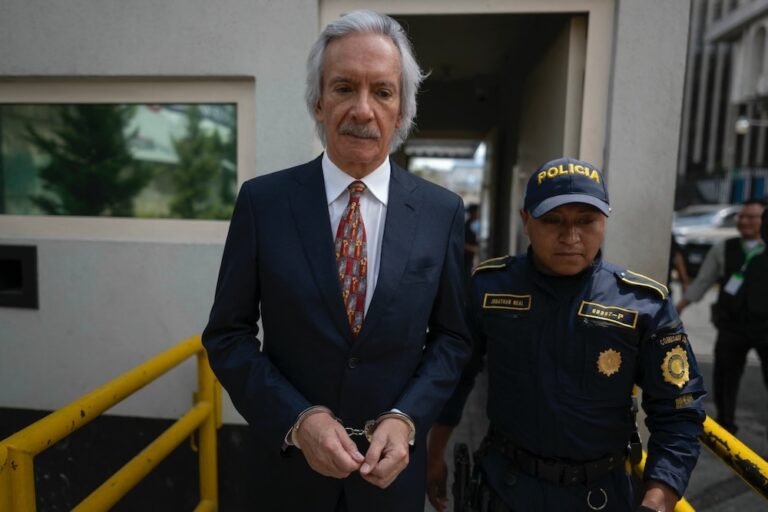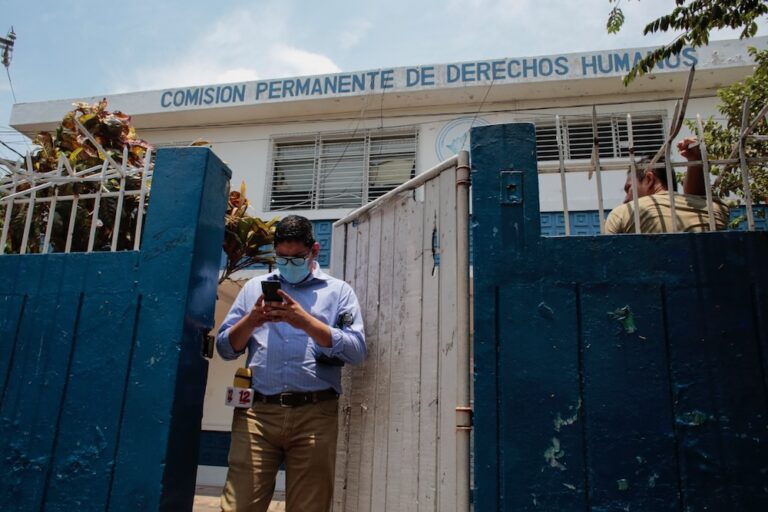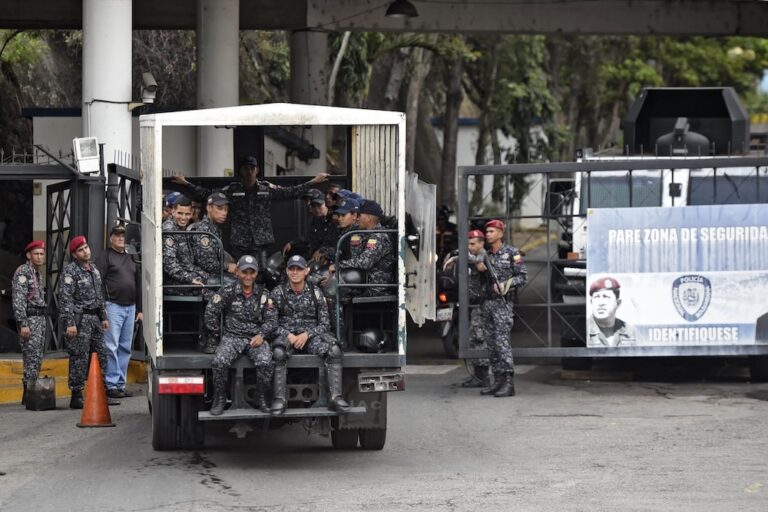Internet.org's vision of a free Internet is limited in reach and access, exactly the limits that Latin-American governments are seeking to eliminate when they work to bridge the digital divide.
This statement was originally published on eff.org on 20 April 2015.
During the VII Summit of the Americas held in Panama from 10 to 11 April, presidents from several Latin American countries, including the Panamanian host Juan Carlos Varela, Cristina Fernandez of Argentina, Dilma Rousseff of Brazil, and Ollanta Humala of Peru posed for a photo with a special guest: Mark Zuckerberg, the founder of Facebook and spokesperson for Internet.org.
Internet.org is a project led by Facebook that brings together technology companies, NGOs and local communities, with the aim, as advertised on their website, of connecting “two thirds of the world without access to the network.” Joining Facebook are companies like Nokia, Ericsson, Qualcomm, and Samsung, collaborating on a joint project to create and distribute tools and services that provide free basic services in markets where Internet access may be less affordable. Since 2014, they have provided access to a set of basic applications (providing data on climate and health, sharing classified and library information) in certain African and Asian countries. By early 2015, Internet.org also laid foundations in Colombia, Guatemala and Panama (in the coming weeks). Paraguay was a beta tester country for Facebook Libre (Free Facebook) since 2013.
Internet.org goals are based on a real problem: the digital divide. Millions of people worldwide have no way to access the Internet, and it is an urgent problem to solve in the near future. However, one of Internet.org’s proposals—the zero rating proposal—means that people with fewer economic resources will have free access only to certain portions of the Internet. That portion will be decided between those large corporations that are part of Internet.org. To add to the confusion, the governments involved are promoting this segmentation of the Net as a public policy objective.
Internet.org users will be cut off from the “ocean” of the Internet that the rest of the world inhabits, where the whole Internet is available for use without any discrimination or prioritization of certain applications. Instead, they will enjoy a “fishbowl” Internet, which they will have to pay an added charge for all those services that are not part of the zero rating plan (for instance, small businesses sites, independent app developers, and innovative new services.)
Colombia
“We’re forming a great alliance — Facebook and Colombia — to give access to millions of Colombians who otherwise would not be able to access the Internet”
– Colombian President Juan Manuel Santos on 14 January during the launch of Internet.org in the country, the first in Latin America.
Local activists have warned more than once that Internet.org has more drawbacks than benefits. Colombia’s Karisma Foundation has categorically stated that “Internet.org is no Internet,” calling attention to the anti-competitive practices and the lack of privacy protections. Carolina Botero, Executive Director of the Karisma Foundation, shared the groups’ stance from Bogota:
“We have serious concerns that Internet.org is presented as a public policy strategy for universal access to the Internet. This initiative compromises everyone’s rights and blurs the government’s obligation to reduce the digital divide for its citizens for compromised access to certain applications. No matter how interesting they are, these services are associated with a commercial interest of a multinational which the state is directly supporting.”
RedPaTodos, a coalition of Internet users in Colombia, adds that Internet.org will never be free as advertised because the cost will be paid by users with their personal data (amounting to more than 8 million Colombians, in the case of local partner Tigo.)
Et tu, Brazil?
The largest country in Latin America, which has been a leader in defending the right to privacy in the digital age at the United Nations; the development of Marco Civil Da Internet and the organization of NETMundial, has been preparing to join Internet.org, thus creating an apparent contradiction between its international and domestic policy agenda.
After President Rousseff and Zuckerberg met in Panama to discuss the future of the Brazilian version of Internet.org, public Internet access policies, network neutrality and privacy entered a deadlock.
Initially, the Federal Government of Brazil and Facebook claimed they would bring “digital inclusion” to the region of Heliopolis, a poor area of São Paulo. Brazilian activists such as Sérgio Amadeu, João Carlos Caribé and Raphael Tsavkko responded that the agreement between Rousseff and Facebook would undermine the strong net neutrality provisions of the Civil Marco da Internet.
Peru and Panama
Following the announcement of the launch of Internet.org for Panama jointly with the telecom company Digicel, the Panamanian Institute of Law and New Technologies (IPANDETEC) launched a petition targeting President Varela to protect net neutrality in Central America.
Another key meeting with Zuckerberg and the president of Peru, Ollanta Humala, discussed a possible implementation of Internet.org in that country, where 66% of the population has no access to Internet according to the regulator Osiptel.
Internet.org’s vision of a free Internet is limited in reach and access, exactly the limits that Latam governments are seeking to eliminate when they work to bridge the digital divide. And there are many questions that local states should ask Internet.org regarding its privacy protections: Will the main impact of Internet.org be to make information more accessible in Latin America, or to make the personal information of Latin Americans be made more accessible to Facebook, and in consequence also to the United States government?
It is true that Facebook is not the only property made available through Internet.org. The free bundle includes open resources such as the excellent Wikipedia. But the problem runs deeper than simply which sites to which poor users should have subsidized access. It lies in the very concept that Facebook and its corporate partners, or governments, should be able to privilege one service or site above another. Despite the good intentions of Facebook and the handful of allied companies, Internet.org effectively leaves its users without a real Internet in the region.



